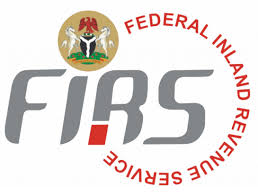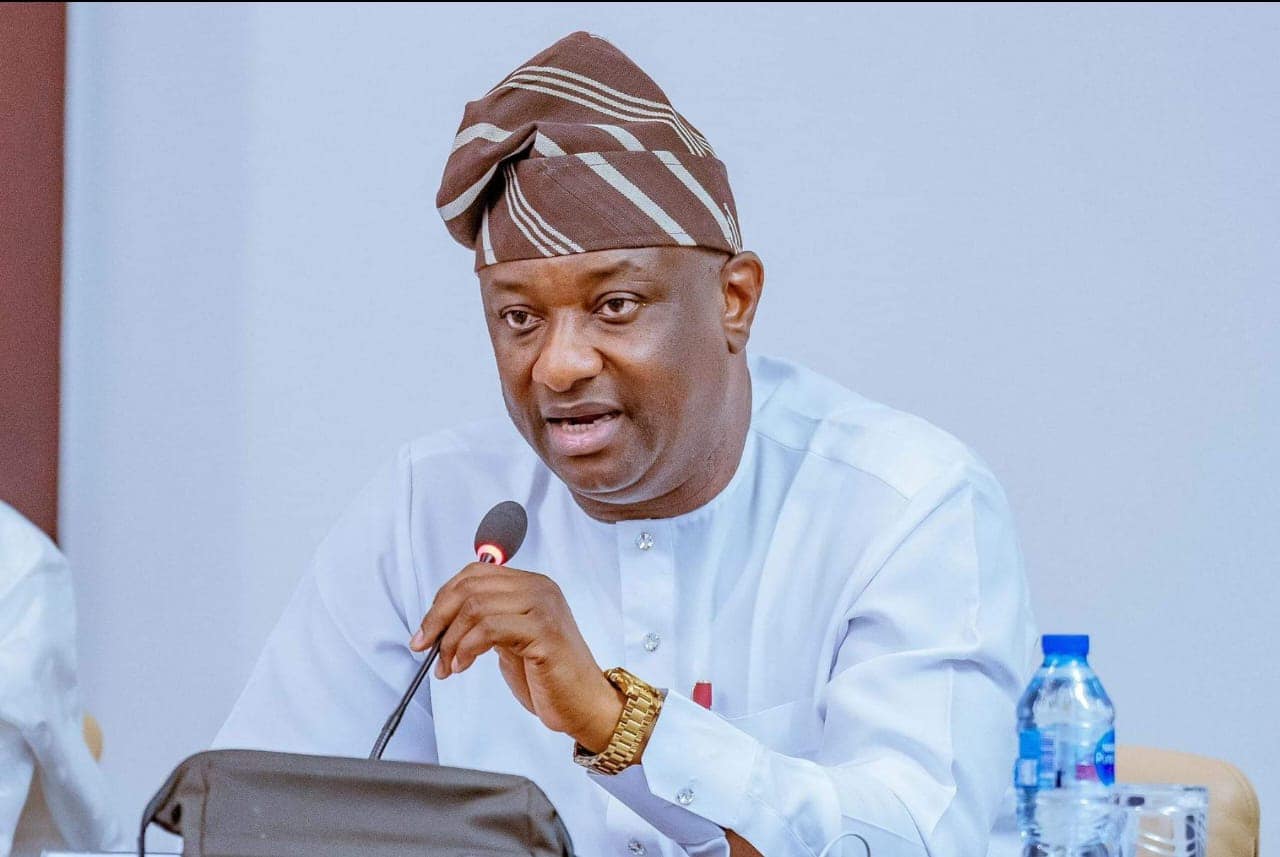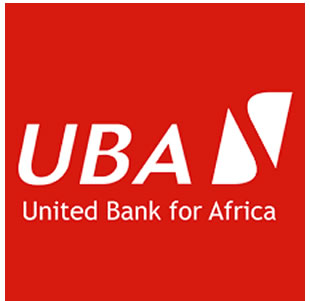News
FIRS Unveils New SOP to Standardize Tax Services Nationwide

Insecurity
DHQ: 147 Terrorists Arrested, 39 Kidnap Victims Rescued
Abuja Reports
Tinubu Committed to Transforming Abuja into World-Class City -Wike
News
Keyamo Seeks African Support for Nigeria’s Re-Election into ICAO Council
-

 News21 hours ago
News21 hours agoFloods Paralyze Lagos, Leave Motorists, Businesses Stranded
-

 Crime21 hours ago
Crime21 hours agoPolice Declare Okoro Prince Nkemakolam Wanted Over Attempted Murder
-

 News21 hours ago
News21 hours agoKeyamo Seeks African Support for Nigeria’s Re-Election into ICAO Council
-

 Abuja Reports14 hours ago
Abuja Reports14 hours agoTinubu Committed to Transforming Abuja into World-Class City -Wike
-

 Entertainment21 hours ago
Entertainment21 hours agoRudeboy Threatens Legal Action Over Social Media Allegation
-

 Crime21 hours ago
Crime21 hours agoFBI Offers $10,000 Reward for Nigerian Wanted in U.S. Bank Fraud Case
-

 Insecurity14 hours ago
Insecurity14 hours agoDHQ: 147 Terrorists Arrested, 39 Kidnap Victims Rescued






















